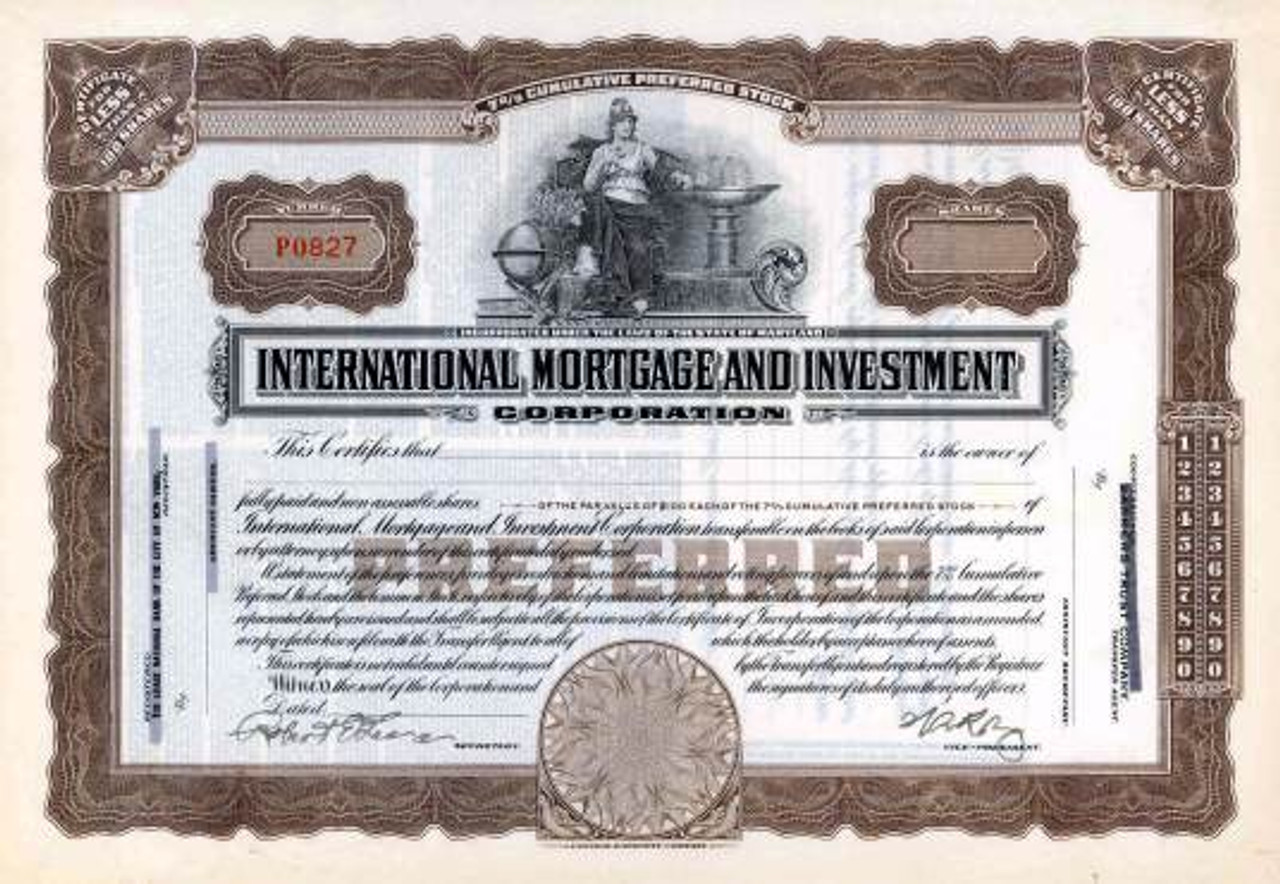Mortgage Investment Corporation for Beginners
Mortgage Investment Corporation for Beginners
Blog Article
Getting My Mortgage Investment Corporation To Work
Table of ContentsThe Definitive Guide to Mortgage Investment CorporationWhat Does Mortgage Investment Corporation Mean?How Mortgage Investment Corporation can Save You Time, Stress, and Money.
This suggests that financiers can take pleasure in a consistent stream of capital without needing to proactively handle their financial investment portfolio or bother with market variations. Moreover, as long as debtors pay their home loan in a timely manner, earnings from MIC investments will stay secure. At the very same time, when a borrower stops paying in a timely manner, investors can rely upon the experienced group at the MIC to deal with that situation and see the lending through the exit process, whatever that appears like.
Appropriately, the goal is for financiers to be able to gain access to stable, long-lasting money moves created by a big capital base. Returns gotten by shareholders of a MIC are generally identified as interest revenue for objectives of the ITA. Capital gains realized by a capitalist on the shares of a MIC are normally based on the normal treatment of funding gains under the ITA (i.e., in a lot of circumstances, strained at one-half the rate of tax obligation on average revenue).

While certain needs are unwinded until shortly after completion of the MIC's first financial year-end, the adhering to criteria need to usually be satisfied for a firm to receive and preserve its status as, a MIC: homeowner in Canada for objectives of the ITA and integrated under the legislations of Canada or a district (special rules relate to companies included prior to June 18, 1971); only endeavor is investing of funds of the company and it does not handle or develop any kind of real or unmovable building; none of the residential property of the corporation contains financial debts possessing to the corporation safeguarded on genuine or immovable property situated outside Canada, financial obligations owning to the company by non-resident persons, except financial obligations secured on real or unmovable residential or commercial property positioned in Canada, shares of the funding supply of corporations not homeowner in Canada, or actual or immovable property positioned outside Canada, or any leasehold rate of interest in such residential or commercial property; there are 20 or even more investors of the firm and no shareholder of the firm (along with particular individuals connected to the investor) possesses, directly or indirectly, greater than 25% of the released shares of any kind of class of the resources stock of the MIC (certain "look-through" policies use in respect of trust funds and partnerships); owners of preferred shares have a right, after repayment of recommended dividends and payment of dividends in a like amount per share to the holders of the read this article common shares, to individual pari passu with the owners of common shares in any more dividend repayments; at the very least 50% of the expense amount of all property of the firm is purchased: financial debts safeguarded by mortgages, hypotecs or in any other way on "homes" (as defined in the National Real Estate Act) or on property consisted of within a "housing task" (as defined in the National Real Estate Work as it continued reading June 16, 1999); down payments in the documents of most Canadian financial institutions or cooperative credit union; and cash; the expense amount to the firm of all actual or unmovable residential or commercial property, including leasehold passions in such residential property (excluding specific quantities gotten by foreclosure or pursuant to a borrower default) does not surpass 25% of the cost amount of all its home; and it complies with the obligation thresholds under the ITA.
Rumored Buzz on Mortgage Investment Corporation
Capital Structure Private MICs typically released two courses of shares, typical and recommended. Typical shares are normally issued to MIC founders, supervisors and policemans. Common Shares have ballot legal rights, are typically not entitled to dividends and have no redemption feature however join the circulation of MIC assets after liked investors receive built up but unpaid dividends.
Preferred shares do not generally have voting rights, are redeemable at the choice of the holder, and in some instances, by the MIC. On winding up or liquidation of the MIC, chosen investors are typically entitled to get the redemption worth of each favored share in addition to any stated however unpaid rewards.
The most commonly depended on program exemptions for exclusive MICs distributing protections are the "certified investor" exception (the ""), the "offering memorandum" exemption (the "") and to a lower extent, the "family members, friends and organization affiliates" exemption (the "") more info here (Mortgage Investment Corporation). Financiers under the AI Exception are usually higher total assets investors than those that might just fulfill the weblink threshold to invest under the OM Exception (relying on the territory in Canada) and are likely to invest higher quantities of capital
The Ultimate Guide To Mortgage Investment Corporation
Financiers under the OM Exception usually have a reduced net well worth than certified capitalists and relying on the territory in Canada go through caps appreciating the quantity of funding they can invest. In Ontario under the OM Exception an "qualified investor" is able to invest up to $30,000, or $100,000 if such financier gets viability suggestions from a registrant, whereas a "non-eligible financier" can just spend up to $10,000.
Historically reduced rates of interest in recent times that has led Canadian financiers to significantly venture into the globe of exclusive home loan financial investment companies or MICs. These frameworks guarantee stable returns at a lot higher yields than typical set earnings financial investments nowadays. Are they also great to be real? Dustin Van Der Hout and James Rate of Richardson GMP in Toronto assume so.

Report this page